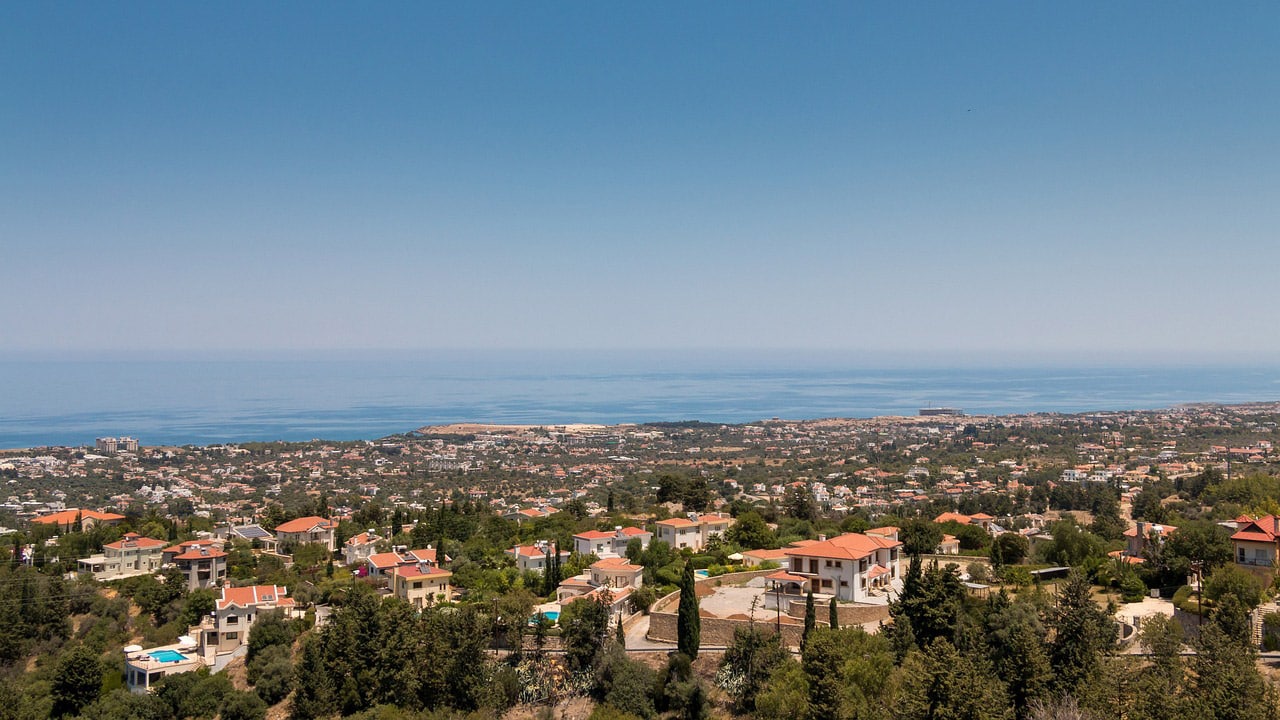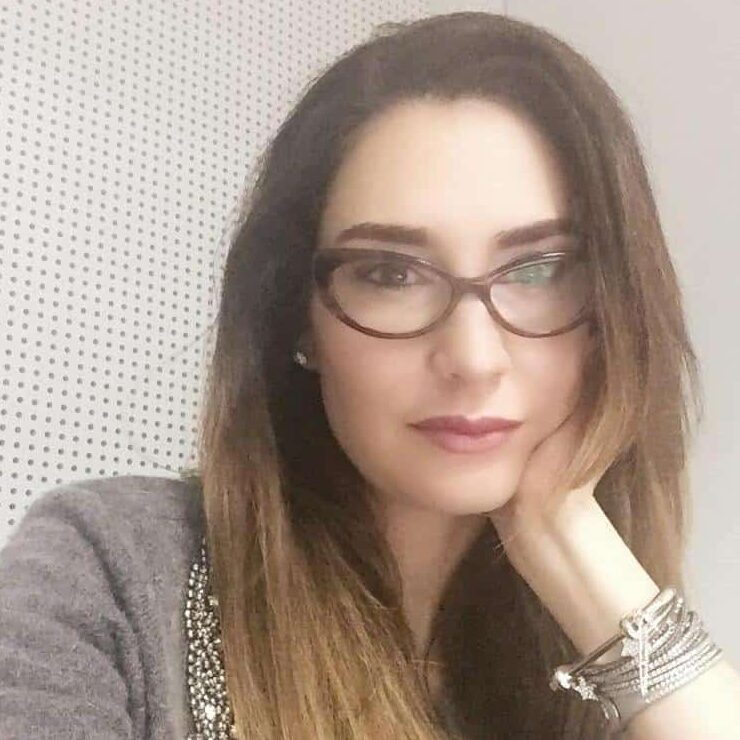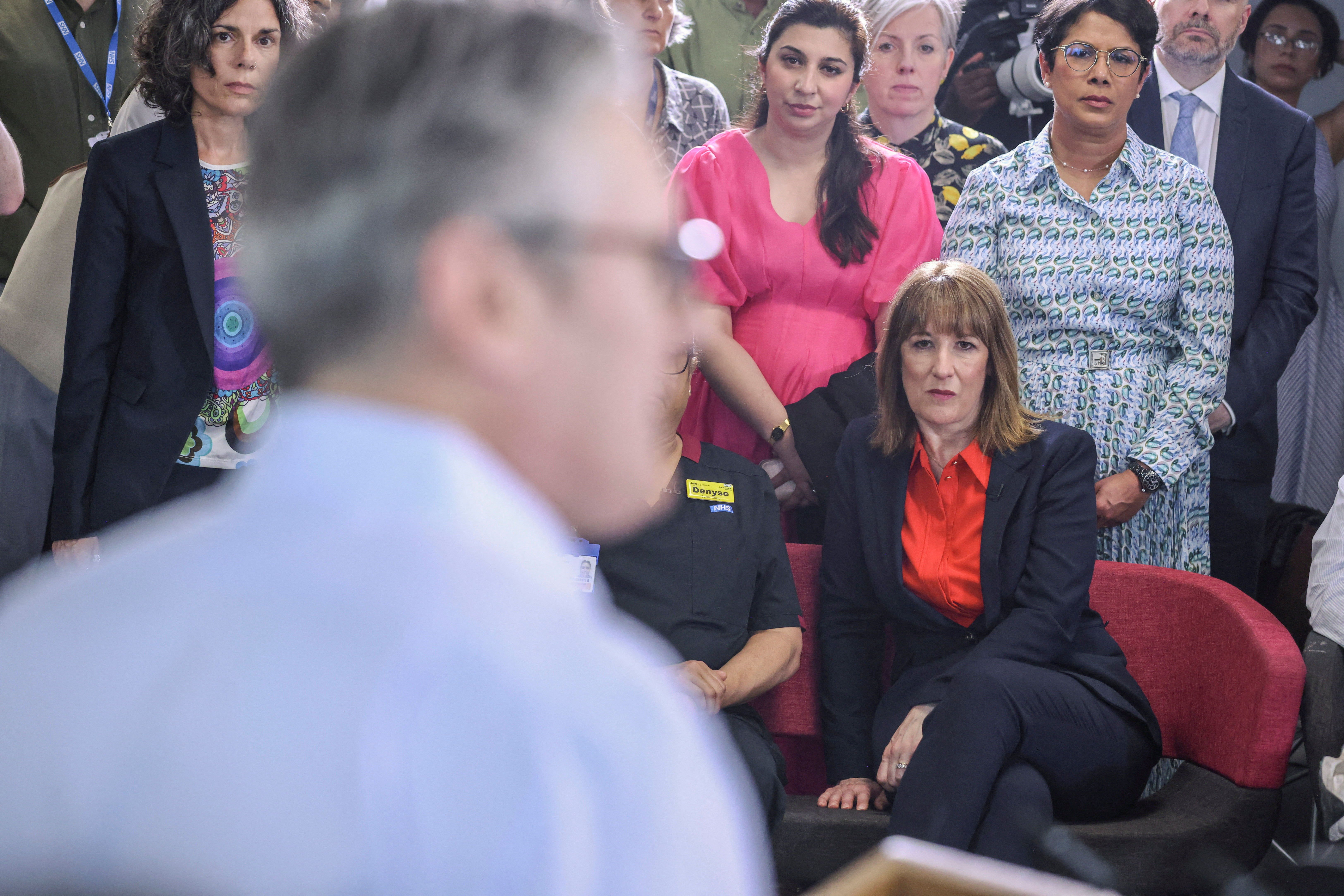Estimates suggest that about 50 per cent of foreign transactions are not recorded
Some 7,000 permissions were given to foreigners to buy property in the northern part of Cyprus since January 2021.
According to the figures in the Turkish Cypriot official gazette, a total of 1,179 permissions were given in 2021, and 2,810 permissions were given in 2022. In 2023 however, in just the first eight months, the permissions given to foreign nationals has already reached almost at 3,000.
The buyers are mostly Turkish nationals investing in the Kyrenia area in Esentepe/Ayios Amvrosios and Tatlısu/ Akanthou. They are followed by an ever-increasing number of Russians investing in İskele/Trikomo.
Experts, however, insist that as high as the figure 7,000 sounds, the actual number of properties purchased by foreign nationals is much higher.
Far more properties are being bought in the north by lawyers on behalf of foreigners, or Turkish Cypriot companies with “silent foreign partners” than what official records show for such transactions, according to economist Mertkan Hamit.
Foreign nationals need a permission from the Turkish Cypriot administration and are currently limited with only three property purchases. Moreover, the controlling 51 per cent of companies investing in real estate must belong to a Turkish Cypriot ‘citizen’.
However, local lawyers acting on behalf of foreigners or Turkish Cypriot companies with foreign multinationals in the background can and do buy as many properties as they want.
“There are tons of property sales that are not included in the official figures,” says Hamit. “These are mostly to foreign investors, who buy tens of properties in one transaction through a Turkish Cypriot partner.”
Hamit estimates that about 50 per cent of transactions are not recorded.
Board member Hüseyin Sadeghi of the Turkish Cypriot Real Estate Agents Union agrees.
“Many multi-national companies are overcoming the limitations imposed by law by either establishing companies “just for show” in the north, or using a lawyer as a front and getting the right to purchase unlimited number of properties,” says Sadeghi.
According to Hamit, looking at the construction projects and the prices, it can very roughly be estimated that the property sales generate an annual 1 billion dollars. This is almost one thirds of the gross domestic product of the northern part of Cyprus.
TURKISH NATIONALS
While 90 per cent of foreign buyers in 2022 were Turkish nationals, the rate has dropped to 70 per cent this year with significant investments coming from Russians.
Russians can easily buy property in the northern part of Cyprus as banks here are not part of the international Swift system and operate via Ankara, which has not put sanctions on Russia. In fact, the numbers in the official gazette show that the number of foreigners – mostly Russians – investing in property has significantly increased as of November 2022, which coincides with the sanctions on Russian nationals due to the war in Ukraine. As of that date, the Turkish Cypriot administration’s officials granted hundreds of permits in each sitting as can be seen from the decisions published in the official gazette.
In fact, Russian news agency Itar Tass reported earlier this month that some 50,000 Russians live in the northern part of Cyprus, where Kremlin recently said it would open an office to provide consular services.
Following Russians, other buyers are from Israel, Ukraine and Iran.
In 2021, Forbes Magazine named İskele/Trikomo as the best place in the world for beachfront property investment for those looking to live or retire abroad. The other four top spots listed by Forbes were in Columbia, Brazil, Mexico and Belize.
Property sales are especially noteworthy in İskele/Trikomo, which according to estimates tripled in population in the last ten years.
“Especially in the Long Beach area in İskele/Trikomo, 90-95 per cent of our clients are foreigners,” says real estate sales representative Özder Özbulut. “The majority of our clients are from Russia.”
It is not unusual to see billboards advertising homes for sale in Cyrillic in the area.
THE LIRA
The depreciation of the Turkish lira and the economic crisis mean that Turkish Cypriots cannot afford to buy property, especially in areas like İskele/Trikomo, where high demand has spiked prices.
“Local buyers cannot really take advantage of the investments in Long Beach in İskele/Trikomo,” adds Özbulut. The price of land and property is very high due to high demand by foreigners.”
The shopkeepers in Trikomo, who recently spoke to the Yenidüzen newspaper, acknowledge that foreigners are now keeping them afloat.
“The crisis has affected us immensely,” Ayşen Biçici told Yenidüzen. “We would have closed our shops down a long time ago if it were not for the foreigners. The foreigners have kept the local economy alive.”
“Locals are not buying anything,” said Meycan Rıylı. “They come into the shop, ask for the price of things, and leave without buying anything. I can say that recently our sales are entirely to foreigners. If it were not for the foreigners, I would have closed my shop down a long time ago.”
DISPLACED GREEK CYPRIOTS
The land in İskele/Trikomo area is almost entirely owned by Greek Cypriots, who were displaced in 1974.
Recently, Yeni Bakış newspaper reported that most of the property recently being sold to foreigners in the northern part of Cyprus is on Greek Cypriot land. Citing data released at the end of July, the paper said that 4,209 properties were listed for sale in Kyrenia, Trikomo, Famagusta, Nicosia, Morphou and Lefka – out of which only 975 had a Turkish Cypriot title deed. The rest were Greek Cypriot properties.
Recently, Greek Cypriot media has reported that the government of the Republic of Cyprus is considering legal measures to deal with the sale of Greek Cypriot properties in the northern part of Cyprus.
In a speech he gave to mark the closing of the 2022-2023 judicial year in June, judge Fadil Aksun, who is the head of the Nicosia High Criminal Court, made a stark warning about the large amounts of money coming into the northern part of Cyprus for real estate purchases.
“Large amounts of money are coming into the country, but there is no control over whether a real estate purchase indeed takes place,” said Aksun. “I would like to draw attention to the fact that there is a risky money circulation in our country.”
Aksun added that the court determined 12 flats purchased as part of a money laundering scheme in the 2022-2023 judicial year. The flats were seized.
OTHER ISSUES
The endless construction in İskele/Trikomo is giving rise to problems, as necessary infrastructure is not in place to accommodate the thousands moving into the new buildings. The biggest problem is the sewerage.
Last summer, photographs surfaced on social media of raw sewage in the sea off Long Beach and green water on the coast. Earlier this month, an analysis by health officials in the same area found potentially dangerous levels of intestinal enterococci, a bacteria characteristically found in human faecal matter.
“Wastewater and the ensuing seawater pollution in İskele are environmental disasters that have arisen from years of unplanned development,” says Sibel Paralik, head of the Turkish Cypriot Chamber of Environmental Engineers.
Another problem is the significant water shortage, which İskele/Trikomo mayor Hasan Sadıkoğlu says is due to the rapid increase in population.
The lack of planning coupled with such an influx of foreign population has not only lead to infrastructure problems but also integration problems.
“There are serious insufficiencies in terms of the orientation, integration, language learning, and education of the foreigners who buy properties and start living here,” says Sadıkoğlu. “There are not enough classrooms. Teachers have a difficult time because the children don’t speak Turkish.”
Last month the Turkish Cypriot Teachers Union KTÖS said according to a survey it conducted in 72 primary schools, 62 per cent of the schools do not offer language support for students who don’t know Turkish.
“In at least 15 primary schools, ten per cent of students are foreigners and don’t speak Turkish,” the union stated. “The school with the highest percentage of foreign students is in İskele, with 40 per cent. In many places in the world, foreign students cannot make up more than ten per cent of a classroom and they are offered special programmes. In our country, some classrooms are made up of 40-50 per cent foreigners. There are no orientation programmes for them. This will inevitably lead to irreversible problems.”







Click here to change your cookie preferences